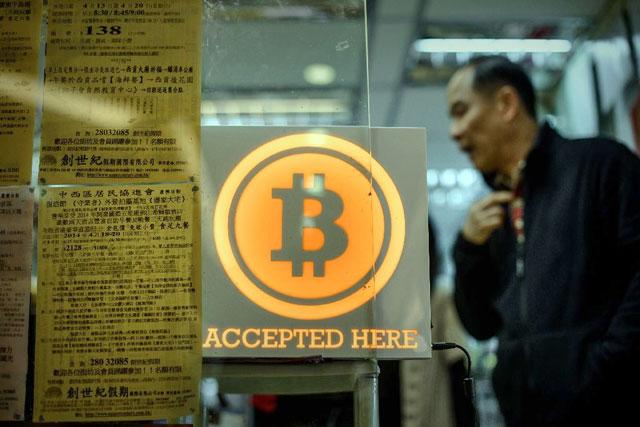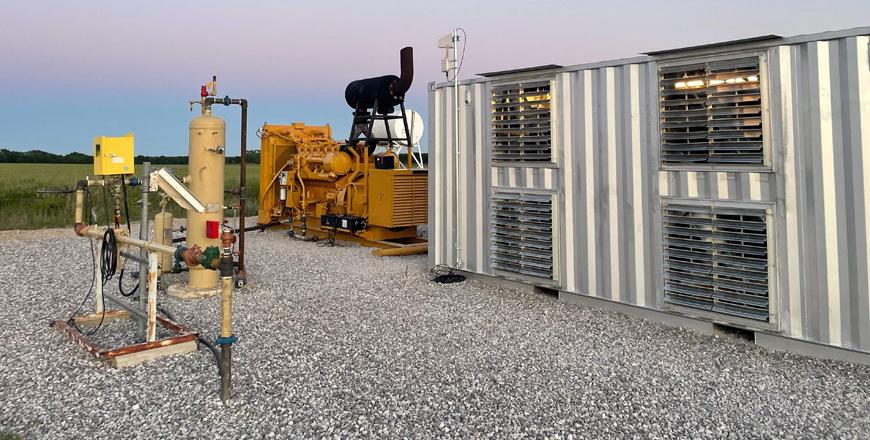You are here
Bitcoin produces more CO2 than Jordan — study
By Johanna Montanari - Jul 09,2019 - Last updated at Jul 09,2019

A research team from the Technical University of Munich and the Massachusetts Institute of Technology recently released a study showing that the carbon footprint of Bitcoin exceeds that of Jordan (AFP photo)
AMMAN — The cryptocurrency Bitcoin is virtual, but the energy it consumes is all too real.
An interdisciplinary research team from the Technical University of Munich (TUM) and the Massachusetts Institute of Technology (MIT) carried out a detailed calculation of the carbon footprint of the cryptocurrency, which they published in June in the professional journal “Joule”.
The team found that the use of Bitcoins produces about 22 megatonnes of carbon dioxide annually — more than the whole of Jordan.
The team evaluated stock exchange documents from hardware manufacturers and IP addresses used for Bitcoin “mining”.
The cryptocurrency seems to be an additional burden on the climate. The researchers from the TUM took into account that, for example, in China around half of the miners are located in the hydropower-rich southern region and the other half in the more coal-fuelled north.
“Even though there are more important factors to climate change — the size of the carbon footprint is so big that it gives reason enough to discuss the regulation of crypto-mining in places with CO2-intensive electricity production,” said Christian Stoll, one of the researchers, in an interview published on the TUM’s website.
This statement also represents the opinion of Jordanian ecologist Omar Shoshan, as he told The Jordan Times on Tuesday.
In Jordan, cryptocurrency is illegal. The Central Bank of Jordan prohibits banks, currency exchanges, financial companies and payment service companies from dealing in Bitcoin or other digital currencies.
“There is no stability in the currency,” Jordanian economist Zaayan Zawaneh told The Jordan Times on Monday, pointing to Bitcoin’s extreme price volatility over the last two years.
Bitcoin, which does not need a central institution such as a central bank, was designed in November 2008 by a person or a group of people using the pseudonym Satoshi Nakamoto.
Transactions are verified through cryptography and recorded in a public distributed ledger called a blockchain. For a transaction to be executed and documented, a complex computational task must be solved by computers in the worldwide Bitcoin network that anyone can participate in.
A person providing computing power for the transaction, in turn, will be rewarded with Bitcoins, which is called Bitcoin mining.
There are people mining at home with a single computer as well as huge "farms" or "mining pools" that have been set up in recent years by professional operators.
Large farms can consist of thousands of interconnected computers. The power consumption of the network depends primarily on the equipment used to mine bitcoins. "Today special equipment is used for this," Stoll explained.
In 2018, three manufacturers dominated the market. The team was able to calculate the market shares of each manufacturer. In addition, the study had to take into account the additional energy needed to cool the equipment.
The computer capacity used for Bitcoin mining has risen drastically in recent years. The study says that it quadrupled in 2018 alone. According to the study, 68 per cent of the computing power of the Bitcoin network is located in Asian countries, 17 per cent in European countries and 15 per cent in North America.
Bitcoin and other virtual currencies like Ethereum are on the rise, but how can this be conducive to an environmentally friendly world? Stoll’s idea is to relocate mining facilities to areas where there is “sufficient electricity from renewable sources”.
Some groups are also pushing for Jordan to open its gate for Bitcoin. However, Zawaneh hopes that the cryptocurrency remains illegal: “We need banks to regulate currencies.”
He also expressed his concerns about Facebook’s plans to release its own cryptocurrency called Libra: “I am not a fan of the currency. If it is going to fly, it must do so under the regulations of the US government.”
Related Articles
Obtaining Bitcoin is an energy intensive endeavor, and the chart showed the evolution of its power usage, rising constantly from 2016 and accelerating sharply in 2020 on an annualized basis to hit its current level of 149 terawatt-hours (TWh), an all-time high.
LONDON — Bitcoin miners, whose computer processors enable the running of the world's most popular virtual currency, will soon face an event
A US financial regulator warned consumers Tuesday that using the online currency bitcoin is fraught with risks including theft by hacking and fraud.
















